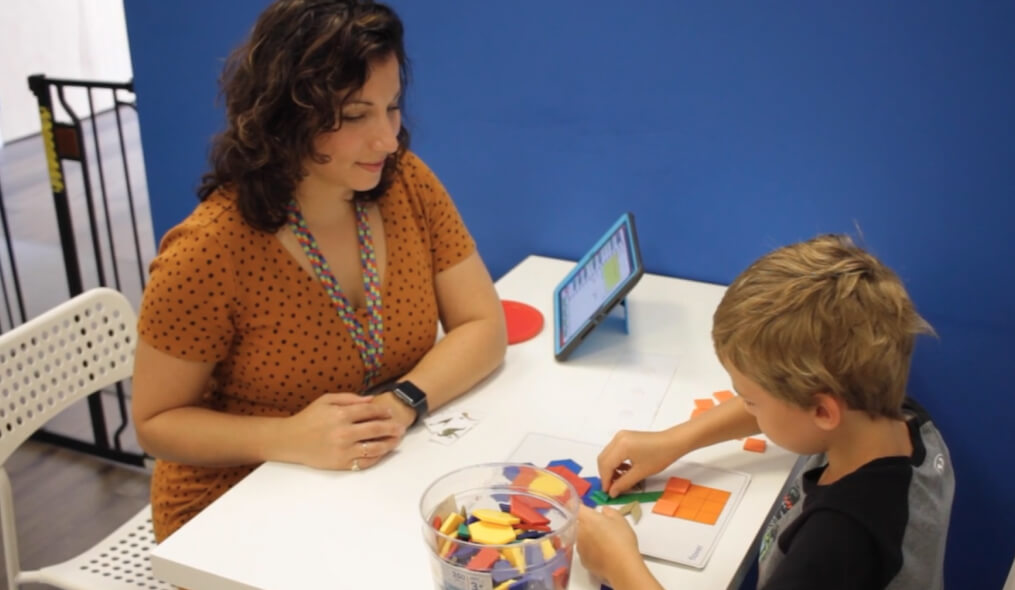ABC’s Unique Curriculum for Autism
Our curriculum for treating autism is loosely divided into three sections that progress as your child grows, develops, and learns new skills. It begins with the fundamental skills necessary to learn. From there, our individualized curriculum for autism takes your child through a progression of skills that leads them to self-sufficiency.
Once your child has completed our program, they will be competent in the essential skills required to be successful in a typical classroom setting. Our goal at ABC Therapy Clinics is to guide your child to independence in the classroom.
Depending on the need, programs can be up to 6 days per week. Some children have a full-time comprehensive program that can be upwards of 40 hours per week. Others have a more focused approach and those programs vary from 12-25 hours per week. Programs relating to relationships with families can last several years.
Our dedicated team of trusted ABA therapists, located conveniently near you, will collaborate closely to develop a customized curriculum plan for your child. This personalized plan is carefully crafted, taking into account various essential factors to ensure its uniqueness and effectiveness. Rest assured, our therapists will consider your child’s specific needs, strengths, challenges, and goals to create a tailored curriculum for autism that will maximize their growth and progress.


